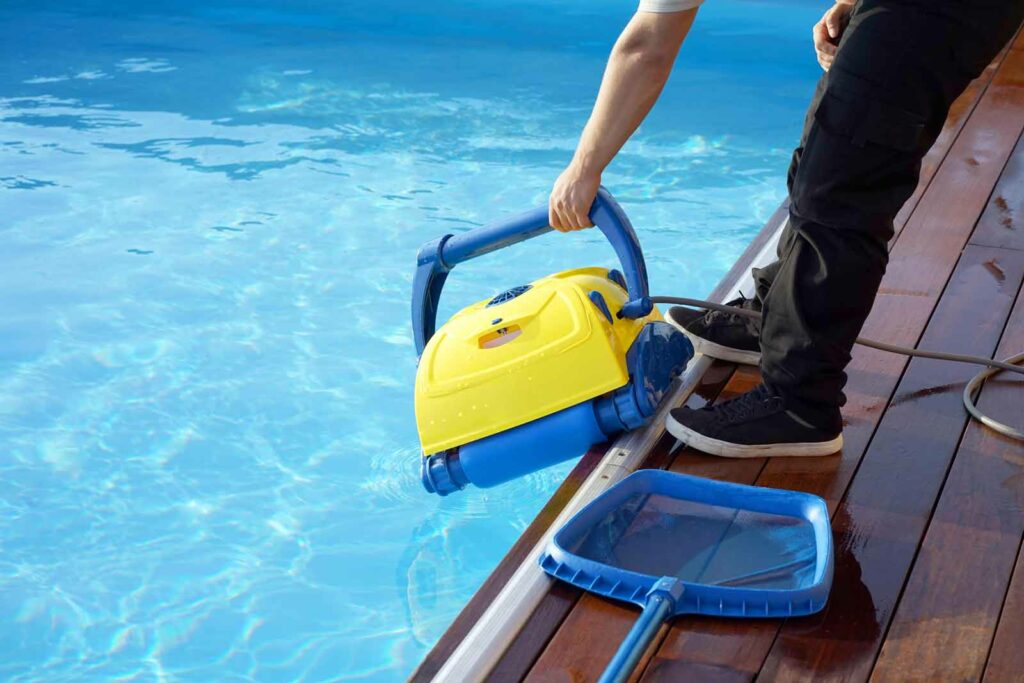Pools are highly complex systems, and there are many essential and non-essential parts that go into making sure a pool runs smoothly. As pool professionals, you want to ensure your client gets the equipment that makes the most sense for their pool and is the most user-friendly.
In this article, we will break down some essential types of pool equipment and how to choose the right types for your client.
Filter
Every type of pool (besides a kiddie pool) needs water circulation and filtration. While all three types of filters are effective at cleaning pool water, each has distinctive pros and cons that can benefit your clients.
Sand Filter
Sand filters are the most cost-effective pool filter, so if your client is on a tighter budget, this filtration system is a good option. Sand filters are also low maintenance, and backwashing them is very easy, so your client will likely be able to clean and service the filter by themselves. That being said, if your customer wants their pool to be as clean as possible, sand filters may not be the best option because they only filter 20-40 micron particles.
DE Filter
DE filters are perfect for clients that have large commercial pools or even for those who have private pools that want them to be extra clean. These filters can filter particles as small as a red blood cell. However, DE filters require the most ongoing maintenance, so if your client plans to do all the work themselves, they may prefer a sand or cartridge filter.
Cartridge Filter
Cartridge filters don’t require backwashing, so the maintenance is SUPER simple. However, they are only really compatible with smaller pools (less than 10,000 gallons), so larger private and commercial pools should use sand or DE filters. They can filter smaller particles than sand filters but are not as effective as DE filters, so they are a good middle-of-the-road option for clients that want a clean pool that is convenient to clean.
Pool Heater
Pool heating is a great thing to bring up with customers when building a pool. Pool heating can extend the swimming season by a month or more. So, they are definitely a solid addition to consider, especially if you’re clients are located in an area with shorter summers.
Gas Pool Heater
Gas pool heaters are the most effective at heating the water and can warm up pool water by several degrees in just a few hours. If your client has a larger pool and wants to warm it up quickly, gas heating is the only viable option. However, gas heaters can cost quite a bit to run depending on what state you are located in, and it is not possible to install or repair DIY. So make sure to inform your customer about all the expected ongoing costs.
Electric Heat Pump
Electric heaters can warm the water pretty effectively, albeit nowhere near as quickly as gas. These pool heaters are great for medium-sized pools and for clients who only want to warm the pool by 5 to 10 degrees. Electric heat pumps have a lower ongoing cost than gas, but they generally have a higher initial price tag.
Solar Pool Heater
Solar pool heaters are not as effective at heating pool water as the other two options, but they are free to run! Solar heating may be a good option if your client lives in a very sunny area and their yard gets a lot of sun. While solar heating is expensive to purchase and install initially, there are essentially zero ongoing costs.
Salt Chlorine Generator
Talk to your customer about the type of sanitation system they want to use. While most pools in the USA still use a standard chlorination system, saltwater pools are becoming increasingly popular because they cut down maintenance time and require fewer chemicals. These systems are complicated and expensive to install but will cut costs in the long run and save your customer a lot of time. These pools also use less chlorine, so the water is less harsh and more forgiving to swimmers’ skin and eyes.

Automatic Cleaners
Automatic pool cleaners are excellent options for pool owners that don’t want to spend hours per week manually vacuuming their pools. There are 3 different types of automatic cleaners that work for different budgets.
Suction-Side Cleaner
Suction-side cleaners are the most budget-friendly automatic cleaning option. Unfortunately, suction-side pool cleaners can cause wear and tear on the pump and don’t clean the pool as well as other automatic cleaner options do. But with that said, they are a good option if your customer is on a budget and doesn’t have time to clean the pool themselves.
Pressure-Side Cleaner
Pressure-side cleaners are a decent mid-range option. They are pretty effective at cleaning pools and typically have a debris bag attached which puts less strain on your client’s pump. These pool cleaners can usually clean all pool surfaces, but they may struggle on the walls.
Robotic Cleaner
Robotic cleaners are the most expensive option, but they are the best at cleaning and require the least human intervention. A good quality robot cleaner can clean all the pool surfaces, including stairs, as well as the surface and waterline of a pool. If your client wants an automatic cleaner that is foolproof and easy to use, robot cleaners are definitely the best option. They cost A LOT more than the other automatic cleaners, though, so make sure your client is aware of the price.
Safety Features
If your client has small children or pets, you may want to have them consider installing safety features for the pool. The last thing your customer wants is someone getting hurt in their new pool.
Pool Alarm
Pool alarms are very handy features that make an alert when someone or something falls into the pool. They can also function as perimeter alarms that send alerts when something crosses a barrier near the pool. These alarms can be as simple as a loud noise, or new smart pool alarms can even send out phone notifications. These alarms may also have a surveillance camera that will show a live view of the pool, so that pool owners can see what triggered the alarm.
Pool Fencing
Pool safety doesn’t have to be a smart alarm system. It can also be as simple as building a barrier around the pool. Talk to your client about the many benefits of a pool fence or structure to see if they are interested in this. In some cases, your clients may not have a choice due to local laws requiring fencing around pools. Pool fencing not only provides added safety but may also prevent debris from getting into the pool.
Wrapping Up
As a pool professional, you want to ensure that the finished product your client gets is exactly what they envisioned. The last thing you want is to have to redo parts of the job if the client is unhappy with certain aspects. Communicating with your customer and asking questions to determine what equipment your client wants in their pool is imperative to keep everyone happy.
Make sure you inform your client about the different types of equipment as well. Not everyone is knowledgeable about pool equipment, and it is important for the customer to understand how their pool will work and what their maintenance routine will look like.


